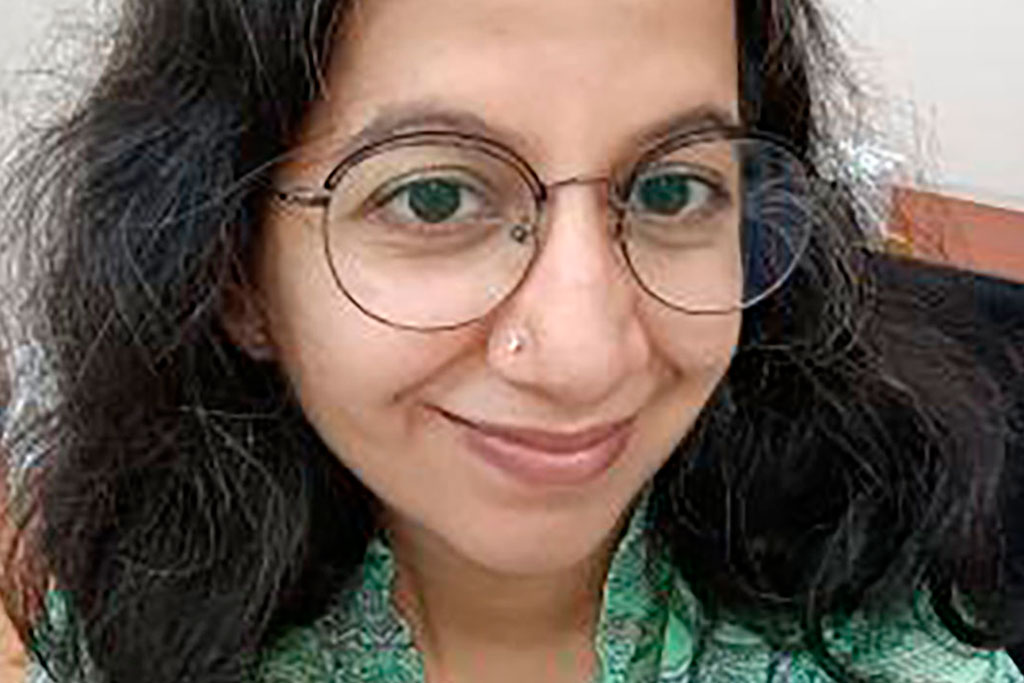Sci-Tech Asia Webinar
Mitigating Air Pollution in the Anthropocene: A Perspective from India

Webinar Description
In the early 2000s, the improved cookstove (ICS) is a technical device emerged as an important response to mitigating air pollution from inefficient biofuel burning in India. ICS can be broadly defined as modified stoves that aim to burn biofuel more efficiently, emit less smoke, and consume less biofuel. ICS research dates back to the 1930s, mainly as a response to pressures on forest resources. By the 1990s, the ICS fell into oblivion as most ICS programs had failed. There was also a shift in development discourse to household electrification. However, by the early 2000s, there was a renewed interest in ICS technologies. How are we to understand the reappearance of the ICS? This seminar will present an ethnographic narrative that allows for an assessment of how the cookstove is improved and is seminal in the production of either a polluted environment or a mitigated environment, in how air pollution and its consequences are understood and transformed.
Speaker
Vasundhara Bhojvaid (Shiv Nadar University)
Vasundhara Bhojvaid is Assistant Professor at the Department of Sociology, Shiv Nadar University, India. Vasundhara’s research is informed by her interests in how air pollution has close intersections with climate change, and she is exploring this dynamic to understand the contemporary anthropologically. Her articles have appeared in The Jornal of Material Culture and Cultural Anthropology.
Previous Episodes
Sci-Tech Asia Webinar Series
Our Webinar series features scholars from all over the world sharing their on-going research on topics at the intersection between science, technology, and society (STS) in the 21st century. Our virtual seminars are hosted via Zoom and live-streamed via our social media.
